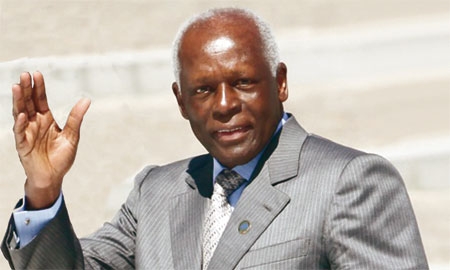Angola’s economy is growing, its democracy is well established and its people are benefiting from the revenue generated by its mineral wealth. Now the country is ready to take its proper place in regional, African and world affairs as an equal partner.
Last year Angola’s parliament approved a new constitution to replace its U.S.-style presidential system, under which the chief executive was elected directly by the people, with a more parliamentary model in which the head of government is the head of the party with most seats in congress. The new governing document moves the country forward into another new stage, following the end of the colonial period in 1974, the civil conflict that lasted until 2002, and the interim period that finally ended with last year’s approval of the constitution.
The new document “represents a significant advance in the consolidation of our democratic process and in creating conditions for a harmonious and sustainable development of the country,” says President Jose Eduardo dos Santos.
Angolans have every right to be proud of their achievements. In less than a decade of peace, the country has moved from a centrally planned economy to one that is driven by market forces and is thriving as a result. A combination of government infrastructure and private investment is changing the face of the country and improving the quality of life for all. The country has friendly relations with its neighbors, and is becoming more active and influential in the Southern African Development Community, the 15-member organization that groups together the region’s countries with the goal of promoting economic growth and improving the well being of its members’ citizens.
Angola’s international ambitions extend beyond the region. It is becoming increasingly integrated in the global economy, especially after last year receiving B+ and B1 ratings from the three major ratings agencies for its sovereign debt, which shows the country has reached international credit standards and will allow the government to seek financing in world capital markets.
Angola is also strengthening its relations with the U.S. from their already high level. The two countries are becoming increasingly important trade partners, and Angola’s government is eager to extend their cooperation to other areas such as agricultural development, food security and, of course, energy.

0 COMMENTS